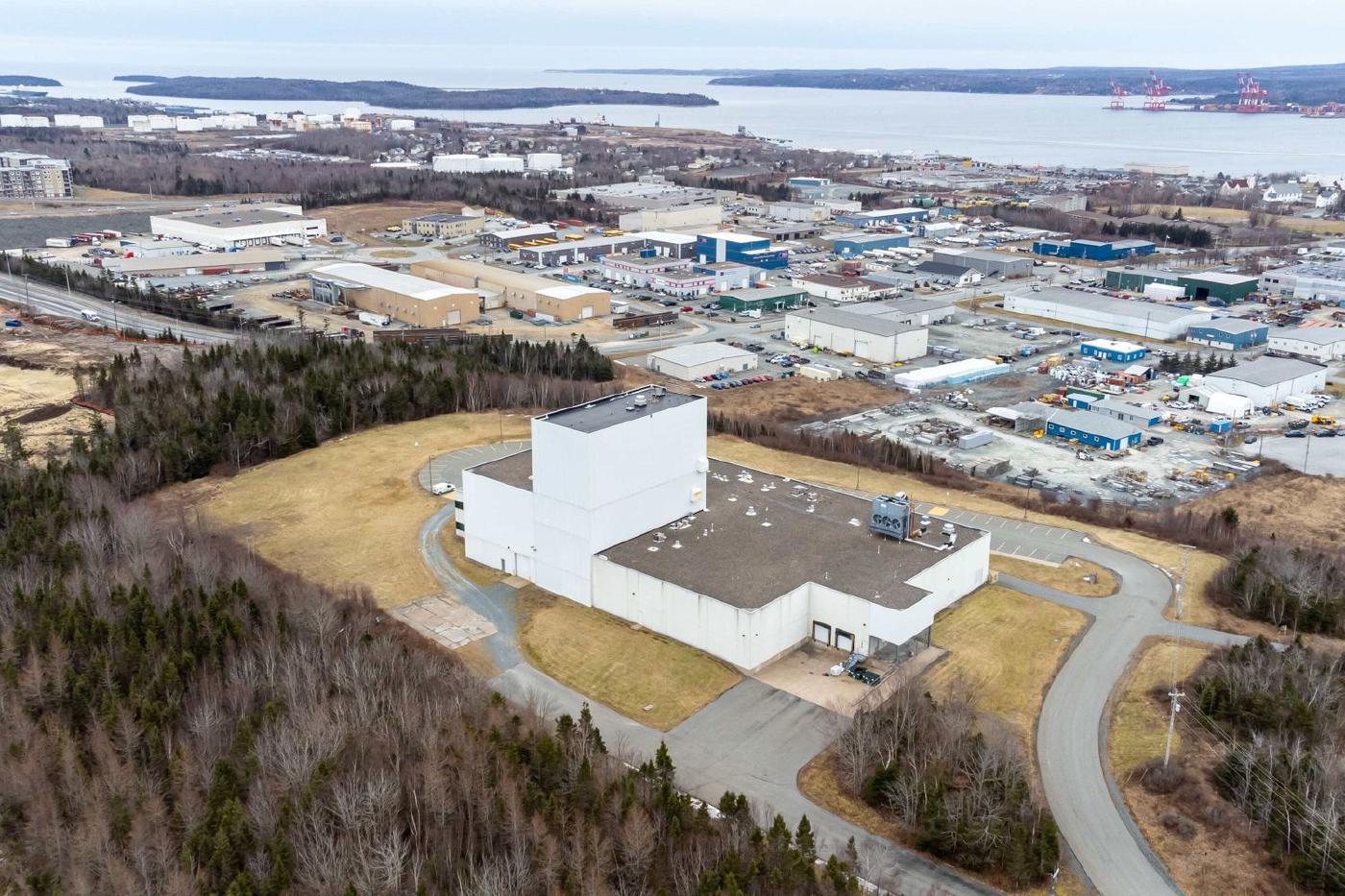New innovation centre slated to bring jobs, green technology after federal, provincial investments

A recently opened biofermentation centre may soon bring many hundreds of green technology jobs to the Woodside Industrial Park and its environs.
The Neptune BioInnovation Centre (NBC) made headlines in the spring after the federal and provincial governments both announced $5 million investments into the public-private venture. The investments will transform the Neptune facility — originally built for Ocean Nutrition but underutilized in recent years — into a contract manufacturing hub where multiple biofermentation companies that have left university incubators can expand their operations before taking the financial risk of building their own manufacturing plants.
According to Dr. Beth Mason, executive director of the centre, these companies — which use microbial fermentation to make products that would otherwise come from petrochemicals — previously had to look outside of Canada when they wished to scale up. Biofermentation starts with organic inputs, usually byproducts of local manufacturing processes. In Nova Scotia, wood pulp from the forestry industry can supply that fermentation.
The province’s announcement about the NBC made reference to what could be the largest impact on the neighbourhood: a projected creation of up to 2,400 jobs and $175 million in salaries. Mason told the Post that the project would bring “high-quality jobs in biofermentation and all associated engineering” and that the numbers were based upon similar projects elsewhere and the pipeline of companies across Canada likely to move into the facility. “When they come, they’ll build a team in Nova Scotia, which is the nice thing. Typically that team, as they build, stay here.”
Mason said one of the challenges in job creation is ensuring that people in the area possess the needed skill sets. High-level scientists and genetic engineers often arrive with the companies, having been hired in previous stages or part of the startup process. But expansion means hiring on operational employees: people skilled in electronics, instrumentation, boiler operation, and fermentation.
“One of the things that we’ve tried to do is grow training programs at the same time as the companies grow. And that way we can take people from our local colleges or universities, and they become part of those companies’ growth.” Training has been offered twice at Collège communautaire du Nouveau-Brunswick, which Mason said has a basic biofermentation lab and a specialty distillation lab.
Mason said businesses will be coming online at Neptune in the next year or two, which means that locals thinking about a career change could pursue college or university studies in electronics, process engineering, or chemical engineering — or even brewery courses. “If anybody’s … done a brewmaster course, they actually are quite a good fit then to up-skill into this kind of fermentation.” People who have not completed brewmaster courses could still apply knowledge picked up in other places, with the benefit that the skills are portable. “If you don’t come and work for us, there’s still lots of micro brews that need people.”
The arrival of this kind of innovation centre means a chance for people to pursue jobs “in a cutting-edge industry” and to “repurpose skill sets to be part of that new ecosystem that’s just going to keep on growing,” said Mason, who began her career focusing on biofermentation of dairy byproducts and didn’t expect her work to generate so much economic development.
“I think it will be very positive for the region, and it’s a national asset. We don’t have this anywhere else in Canada, so you know it will stand to attract companies from all over.”
And if you’re concerned about what odours biofermentation might attract to the neighbourhood, Mason says not to worry. “Most of these things don’t have an aroma,” she explained. Unlike living next to a beer brewery, where strong smells of yeast and malt can betray nearby industrial activity, precision fermentation uses high-grade filtration on exhaust air, and containers are sealed. “So, no, you wouldn’t expect to have odours in the neighbourhood.”
